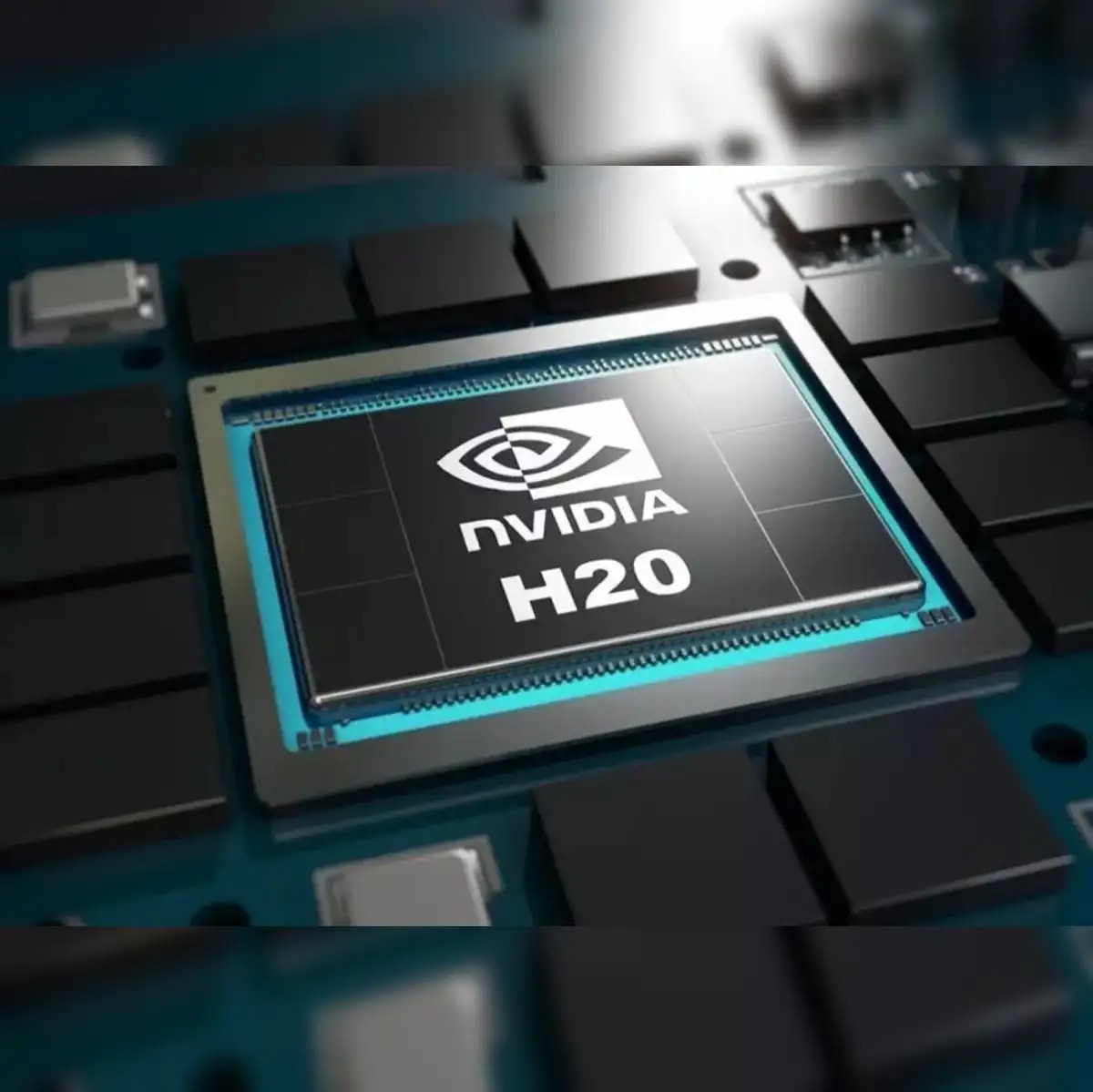In a dramatic turn for global semiconductor diplomacy, Nvidia has ordered its suppliers—including Foxconn, Samsung Electronics, and Amkor Technology—to immediately halt production of its H20 AI chips. The move follows escalating pressure from Chinese regulators, who have warned domestic companies against using the US-designed processors over alleged cybersecurity concerns. The H20, a scaled-down version of Nvidia’s flagship AI accelerators, was specifically tailored for the Chinese market to comply with US export restrictions. But now, its future hangs in limbo.
Here’s a comprehensive breakdown of the unfolding situation.
1. Key highlights from Nvidia’s production halt
- Nvidia has instructed multiple suppliers to suspend all work related to the H20 chip, including packaging and memory integration
- Foxconn, a major assembler, was among those told to stop H20-related operations
- Semi-finished chips are reportedly piling up at Amkor, Nvidia’s packaging partner
- The halt comes just weeks after Nvidia received approval from the US government to resume limited AI chip sales to China, under the condition of a 15 percent revenue share with Washington
- Nvidia’s stock dipped 1.1 percent in early trading following the announcement, reflecting investor anxiety over its China exposure
2. Why China is pushing back
- Chinese regulators have raised concerns about potential backdoors in the H20 chip that could allow remote access or data leaks
- Beijing has reportedly summoned major tech firms—including Tencent, ByteDance, and Alibaba—to discourage purchases of the H20
- The Cyberspace Administration of China has expanded its review of the chip, demanding technical disclosures from Nvidia
- China’s broader strategy is to reduce reliance on American technology and accelerate the development of indigenous chips from companies like Huawei and Cambricon
- Cambricon’s stock surged 20 percent following the news, signaling market confidence in domestic alternatives
3. Nvidia’s response and CEO commentary
- CEO Jensen Huang expressed surprise at Beijing’s decision, reiterating that the H20 chip contains no backdoors or military-grade features
- Huang was in Taiwan this week meeting with TSMC executives to discuss Nvidia’s upcoming Rubin chip and potential successors to the H20
- He stated that any follow-up product for China would require US government approval, emphasizing that Nvidia is in ongoing dialogue but cannot act unilaterally
- Nvidia maintains that the H20 is designed for commercial use and poses no national security threat
4. Implications for Nvidia’s China strategy
- The H20 was developed as a workaround to US export bans, offering a less powerful AI solution for Chinese data centers
- Nvidia had previously written off $5.5 billion in H20 inventory due to earlier sanctions, and the current halt may deepen that loss
- The company’s China business generated $17 billion last year, making the region a critical market despite geopolitical headwinds
- Analysts warn that supply-chain disruptions and reputational risks could impact Nvidia’s upcoming earnings report
- Nvidia is reportedly working on a new chip, the B30A, based on its Blackwell architecture, which may serve as a future China-specific offering
5. Broader market and geopolitical impact
- The halt underscores the fragility of US-China tech relations, especially in the AI and semiconductor sectors
- US and Chinese governments have made it clear they will not rely on each other’s chips for government infrastructure
- The timing of the halt coincides with China’s push to build a world-class domestic chip industry, further isolating American firms
- Nvidia’s rivals, including AMD, are also navigating similar restrictions and revenue-sharing conditions for China sales
- The global chip market may see increased volatility as companies recalibrate their supply chains and product strategies
As Nvidia hits pause on its China-focused H20 chip, the ripple effects are being felt across supply chains, stock markets, and diplomatic corridors. Whether this is a temporary setback or a permanent pivot remains to be seen—but one thing is clear: the AI chip race is no longer just about performance. It’s about politics, trust, and control.
Sources: The Information, TechCrunch, The Hindu Business Line, MSN News, Analytics Insight, Outlook Business

